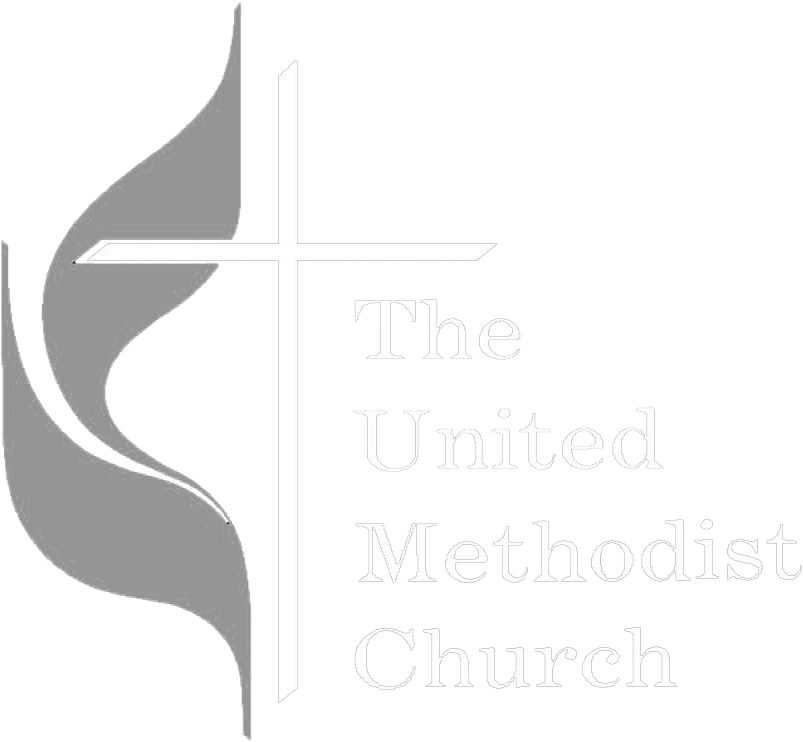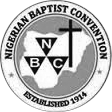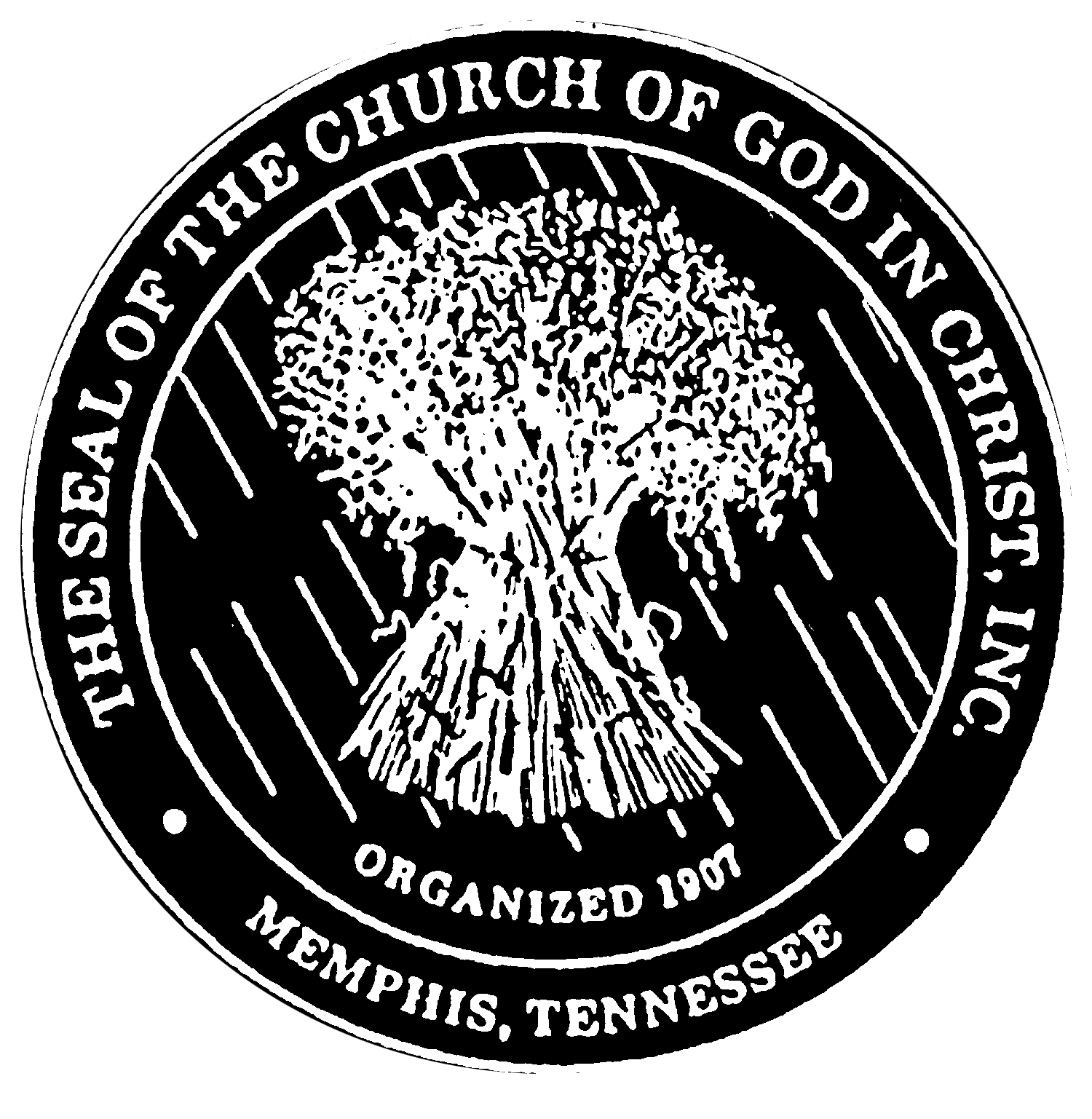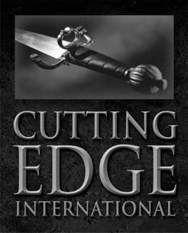Mr. Bob Doll, Dr. Timothy Hill & Dr. Tuck Yang: Complete Overview of Jerusalem Council II Session Four
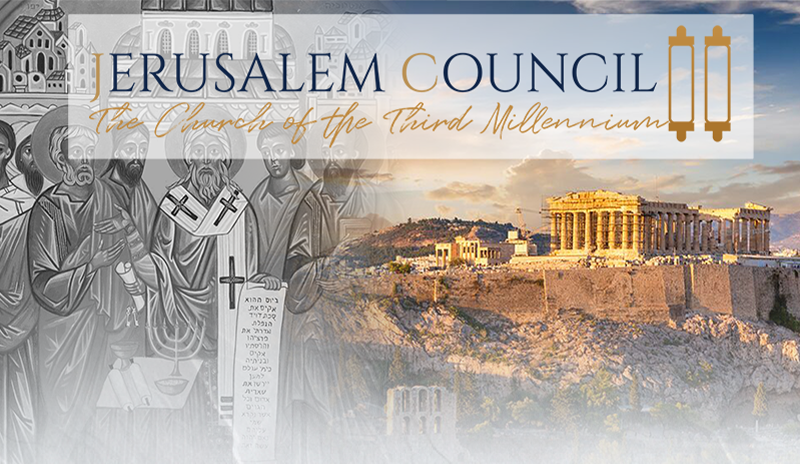
What is the Spirit saying About Christian
Entrepreneurship In The Global Marketplace?
The Jerusalem Council 2 Forum Four opened with reflections on integrating faith and business, emphasizing that marketplace leaders can be as pivotal to the Gospel in the millennium as medical professionals were in the last.
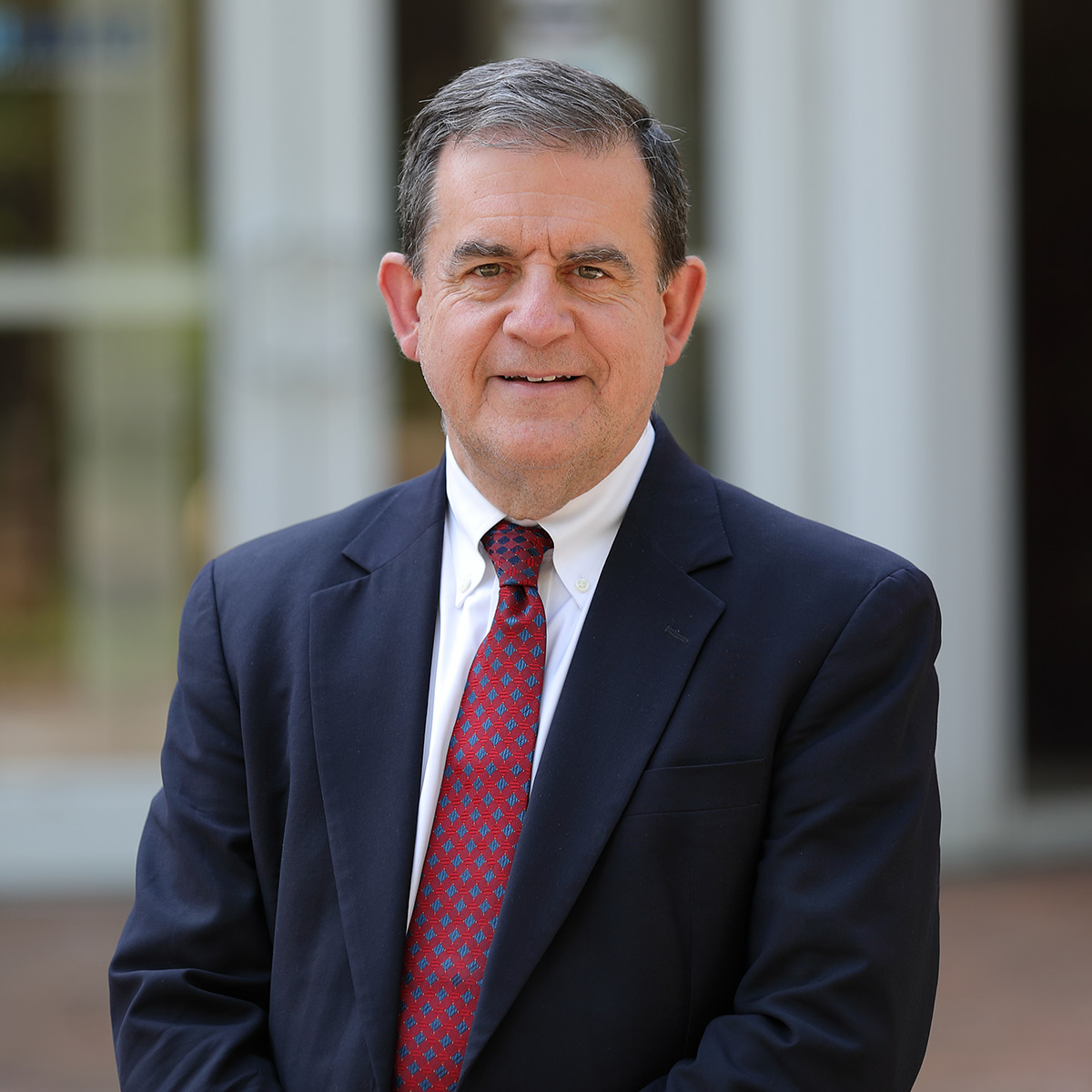 Mr. Bob Doll, a veteran financial entrepreneur, addressed five core third millennium themes. He powerful presentation addressed:
Mr. Bob Doll, a veteran financial entrepreneur, addressed five core third millennium themes. He powerful presentation addressed:
- The role and responsibility of marketplace Christians as cultural catalysts in cities and workplaces.
- The imperative to engage the “9-to-5 window” with prayer, integrity, excellence and generosity.
- A cultural contrast: declining importance of religion and community in the developed world versus surging Bible engagement among Gen Z.
- The global debt crisis—its economic, social and spiritual consequences—and the call to financial stewardship and intergenerational justice.
- Personal lessons learned: from focusing on “best over good” to guarding against self-reliance, embracing life’s brevity, heart-motivated work, and living each day as an act of worship.
Before the open forum session began, Dr. James O. Davis interviewed Dr. Daniel Schmid, Founder/President of Life Everywhere. Dr. Schmidt underscored that preaching alone is insufficient; the Great Commission demands intentional, relationships-based disciple-making in every sphere of life. He introduced three core resources for empowering every believer:
- Basic Evangelism (5-lesson guide on the Samaritan model, companion approach, testimony crafting, etc.)
- “Sparks of Evangelism” position paper (passion, authority, obedience)
- Upcoming book on the Holy Spirit’s work in effectuating the New Covenant. More information can be found at LifeEverywhere.tv.
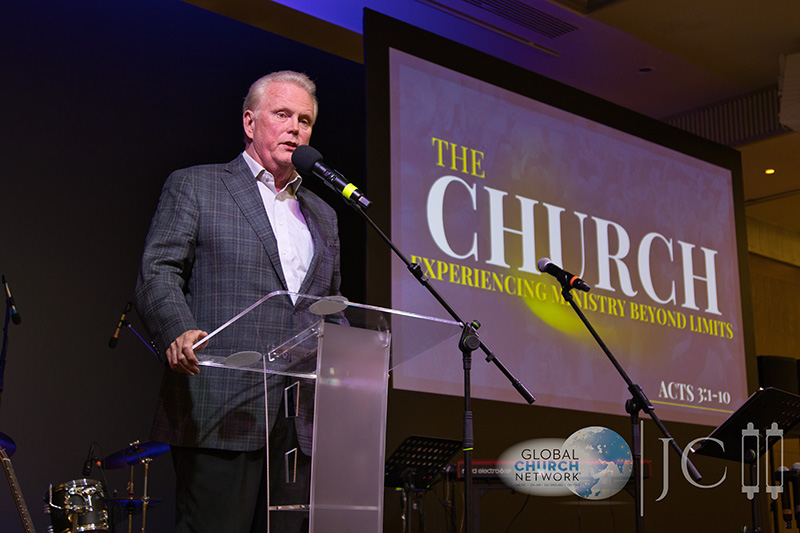 Dr. Timothy Hill, former Church of God Overseer, moderated the Open Forum Session on Christian entrepreneurship and marketplace leadership as essential drivers of the Third Millennium harvest. The one-hour open session focused on:
Dr. Timothy Hill, former Church of God Overseer, moderated the Open Forum Session on Christian entrepreneurship and marketplace leadership as essential drivers of the Third Millennium harvest. The one-hour open session focused on:
- Training marketplace professionals (doctors, lawyers, business owners) as self-supporting pastors and church planters.
- Applying the threefold-cord model (Esther – intercession; Ezra – pastoral care; Nehemiah – marketplace influence) to catalyze revival.
- Decentralizing church structures to leverage gift-based collaboration and engage complex cultural contexts.
- Deploying asynchronous, contextual evangelism training for diaspora workers (cruise ships, oil rigs, Middle East).
- Emphasizing financial stewardship and integrity as integral forms of worship and effective gospel witness.
Sixteen Third Millennium Church Thought Takeaways
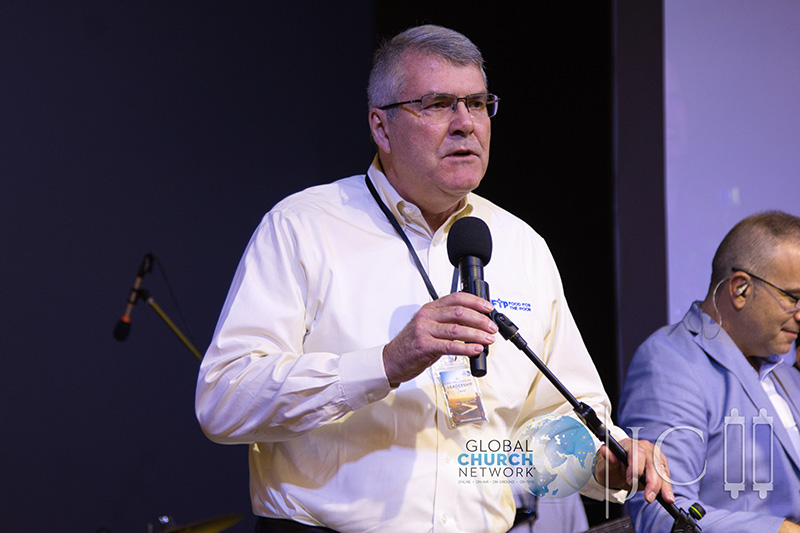 Marketplace Christians are called to be frontline Gospel ambassadors—modeling integrity, excellence and generosity in city centers and offices.
Marketplace Christians are called to be frontline Gospel ambassadors—modeling integrity, excellence and generosity in city centers and offices.
- The “9-to-5 window” is mission ground: pray for your city (Jeremiah 29), invest in coworkers, and leverage your expertise and resources for redemptive impact.
- Cultural tides are shifting, although overall religiosity wanes, Gen Z’s rising Bible engagement presents fresh evangelistic opportunities.
- Unsustainable public and private debt (now ~300% of global GDP) carry economic strain and spiritual risk—highlighting the need for wise stewardship, generosity and advocacy for future generations.
- Personal transformation requires:
- Focusing on God-ordained “best” over merely “good” tasks
- Guarding against self-reliance and cultivating dependence on Christ
- Remembering life’s brevity to prioritize eternal impact
- Living from the heart—valuing people over checklists
- Viewing work and worship as inseparable callings
- Mentorship and disciple-making are essential next steps: mature believers must invest time and wisdom in younger leaders, moving beyond pulpit preaching to life-on-life apprenticeship.
- Disciple-making is non-negotiable: every believer must be equipped to make and multiply disciples.
- Practical, reproducible evangelism tools enable all Christians to share their faith confidently.
- True New Covenant living is sustained by the Holy Spirit’s circumcision of the heart, not by empty traditions.
- Life Everywhere provides a scalable, interactive ecosystem for ongoing global discipleship and peer support.
- Marketplace ministry unleashes professional influence and self-funding for church planting and evangelism.
- Revival arises when intercession (Esther), pastoral care (Ezra), and marketplace leadership (Nehemiah) operate in concert.
- Equipping believers with vocational and academic training (e.g., MBA, PhD) is vital for addressing today’s cultural and professional challenges.
- Asynchronous, context-specific evangelism courses break barriers and empower confident cross-cultural witness.
- Generosity and financial integrity are essential acts of worship that authenticate the gospel in the marketplace.
- Moving toward decentralized, gift-based church structures fosters unity, agility, and resilience for the Third Millennium Church.
Raising & Releasing Christian Business Leaders
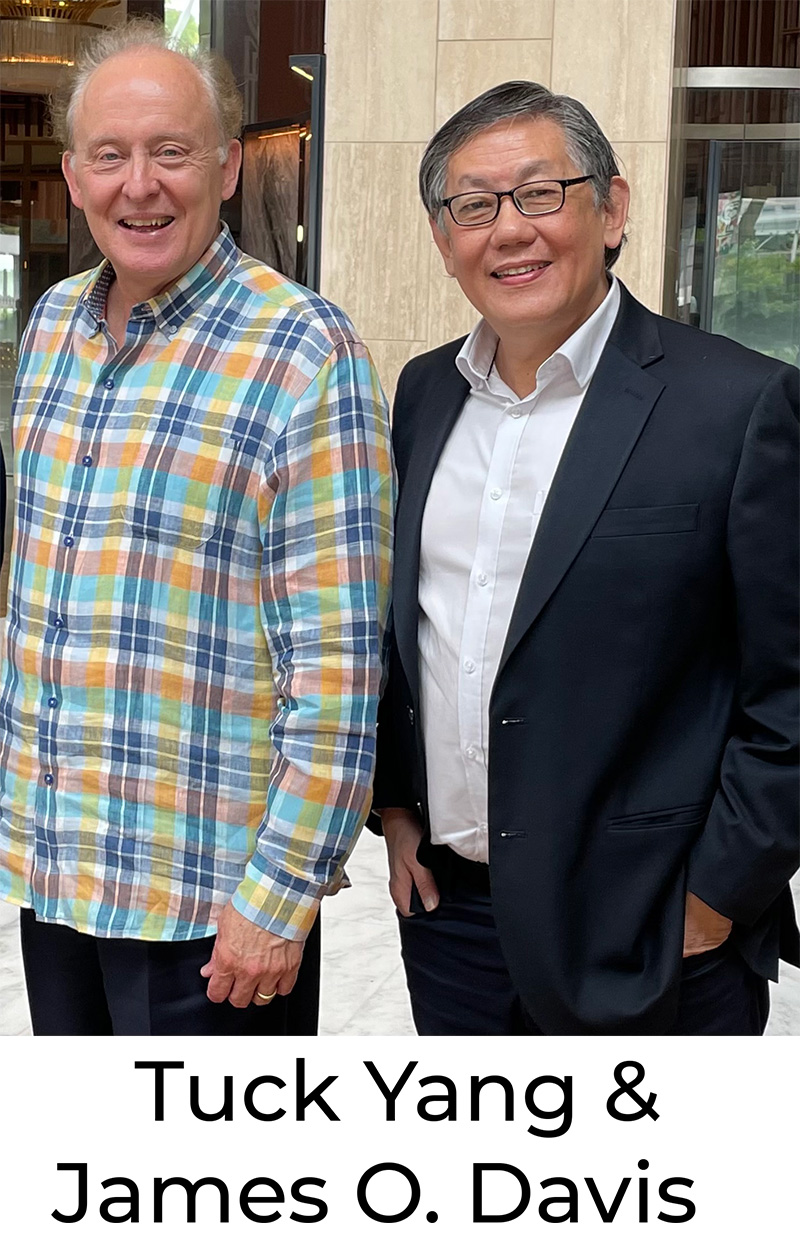 Pastors Tuck and Daphne are the Founders and Senior Pastors of Cornerstone Community Church. They’re also actively involved in other ministries and organisations where they serve in advisory roles.
Pastors Tuck and Daphne are the Founders and Senior Pastors of Cornerstone Community Church. They’re also actively involved in other ministries and organisations where they serve in advisory roles.
In 2012, they were led by the Lord to purchase the Derwen Fawr Estate in Swansea, which comprises the Bible College of Wales, the iconic school founded and established by Mr. Rees Howells in 1924. The bible school has been thoughtfully and fully restored, and has since seen hundreds of students graduate. Both Pastor Yang and Pastor Daphne serve as the Directors of the college.
Pastor Yang also serves as the Chairman of the Board of Tung Ling Bible College, a thriving interdenominational bible school in Singapore. In 2014, he was appointed as the Chairman of the Festival of Praise, a network of churches seeking to bless the Body of Christ in Singapore. In 2019, he was appointed the Chairman of the Alliance of Pentecostal and Charismatic Churches of Singapore, a network of churches, Christian organisations and pastors, that seek to build authentic relationships and to give full expression to the pentecostal/charismatic expression of the Holy Spirit.
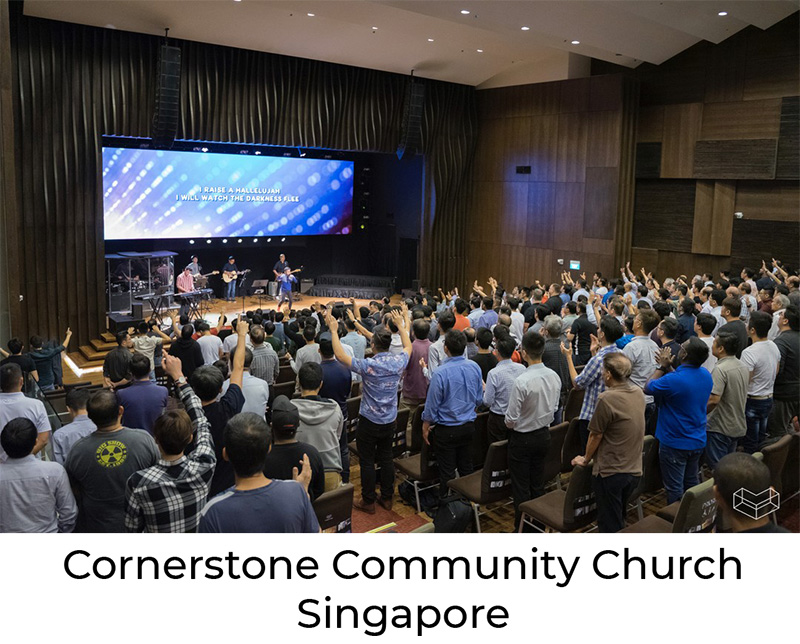 Pastor Daphne serves as Chairman of Cornerstone Community Services Singapore, a family service centre that reaches out to the community and provides assistance to the less privileged in society.
Pastor Daphne serves as Chairman of Cornerstone Community Services Singapore, a family service centre that reaches out to the community and provides assistance to the less privileged in society.
Their desire is to see the Body of Christ come to sonship, to full maturity, and for the Church to be filled with the Holy Spirit.
Over the last two thousand years, Christian business leaders have helped to shape the marketplace and have helped to move the Gospel forward around the world. I wish to remind us of some notable business, visionary leaders.
 S. Truett Cathy (Chick-fil-A)
S. Truett Cathy (Chick-fil-A)
- Business principles: A devout Baptist, Cathy founded Chick-fil-A in 1946, establishing a company culture firmly rooted in Christian principles. His most famous policy is keeping all restaurants closed on Sundays to give employees time for worship and rest.
- Impact: Chick-fil-A’s dedication to its values has created a loyal customer base and contributed to the company’s long-term success, making it a fast-food giant.
- Philanthropy: Cathy and his wife also founded the WinShape Foundation, which focuses on youth development, foster care, and education.
Mary Kay Ash (Mary Kay Cosmetics)
- Business principles: Ash launched her cosmetics company in 1963 with the mission of empowering women in a male-dominated business world. Her business model was based on a “servant-leadership” philosophy inspired by her faith, encouraging her consultants to put others first.
- Impact: She created one of the world’s largest direct-selling cosmetics companies and helped countless women achieve financial independence.
- Philanthropy: She was a committed Christian who supported various charities. The company continues her legacy of ethical practices and social responsibility.
John D. Rockefeller (Standard Oil)
- Business principles: One of the wealthiest Americans in history, Rockefeller was a devout Baptist who believed that God had given him the gift of making money to be used for the good of mankind. He famously tithed from his first paycheck and gave generously throughout his life.
- Impact: He co-founded Standard Oil in 1870, which came to control 90% of the U.S. oil refining market. He is often cited as a model of a business leader whose faith informed his business and philanthropic endeavors.
- Philanthropy: Rockefeller gave away more than $530 million to educational and public health causes by the time of his death.
Other influential Christian leaders
- David Green (Hobby Lobby): The founder of the arts and crafts chain built his business on a strong commitment to Christian beliefs. Like Chick-fil-A, his stores are closed on Sundays, and the company is a major donor to evangelical causes.
- Blake Mycoskie (TOMS Shoes): Inspired by his Christian faith, Mycoskie launched TOMS with a “One for One” business model, donating a pair of shoes to a child in need for every pair sold. This approach transformed the footwear industry by popularizing conscious consumerism.
- Henry J. Heinz (H.J. Heinz Company): The founder of the food processing giant was a devout Christian known for the generous and pioneering treatment of his employees, providing health benefits and recreation facilities.
- James Cash Penney (J.C. Penney): Penney built his department store chain based on the “Golden Rule” of treating others as you want to be treated. His Christian faith influenced his business practices, and his early stores were known as “Golden Rule Stores.”
Be sure to thank every Christian business leader you know for their walk with Christ and their ability to create wealth to advance the Gospel throughout local communities and around the world!















